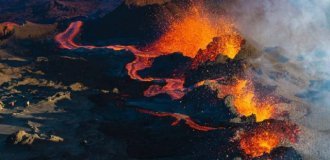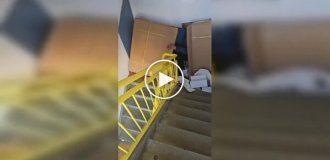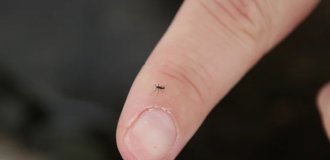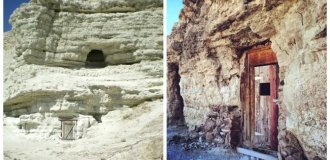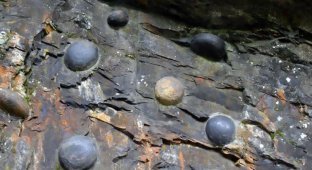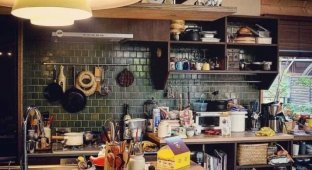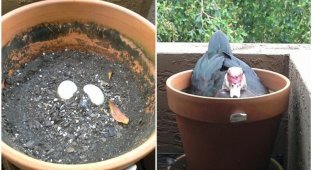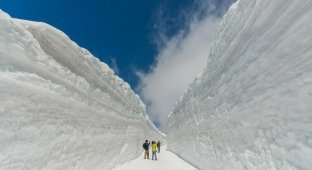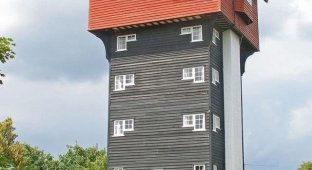Black eggs of Owakudani (6 photos)
Owakudani or the “Great Boiling Valley” in Hakone, Japan is a large volcanic basin, scientifically called a caldera, that opened here 3 thousand years ago. An eerie “hellish” place, in three thousand years the Japanese can inhabit it too 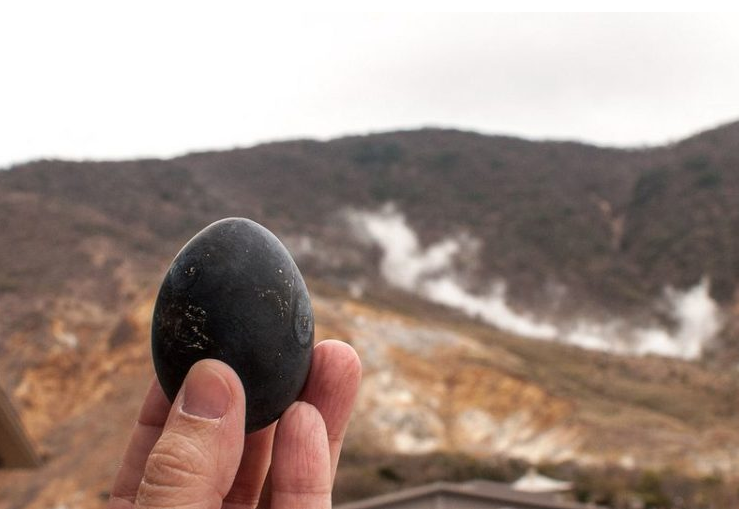
Hell Valley? The perfect place to boil eggs!
There are small wooden tables placed around Owakudani, right in the open air, where... boiled eggs are displayed. So mundane, some are even cut so that people can make sure that they are well baked and steamed. 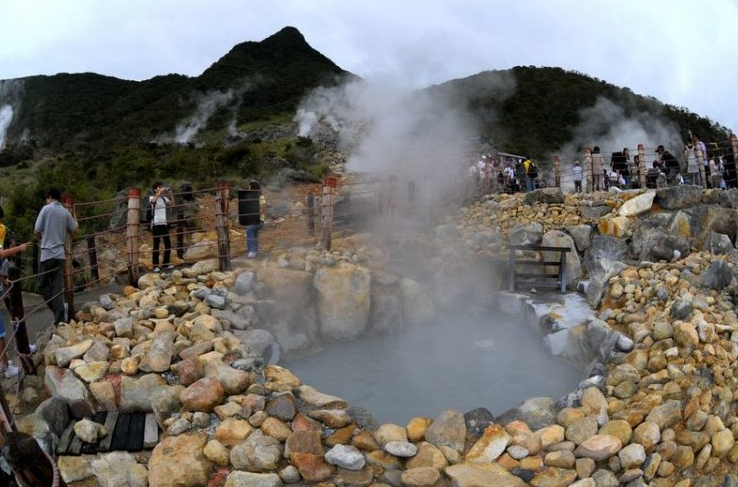
Boiling sulfur pools, quite hellish and beautiful
At the same time, there is a strong smell of sulfur around the hellish pit, and steam is pouring from below. As you know, sulfur smells very strongly of rotten eggs, so the choice to cook eggs here was... rather strange? Well, these are the Japanese, their logic is contradictory. 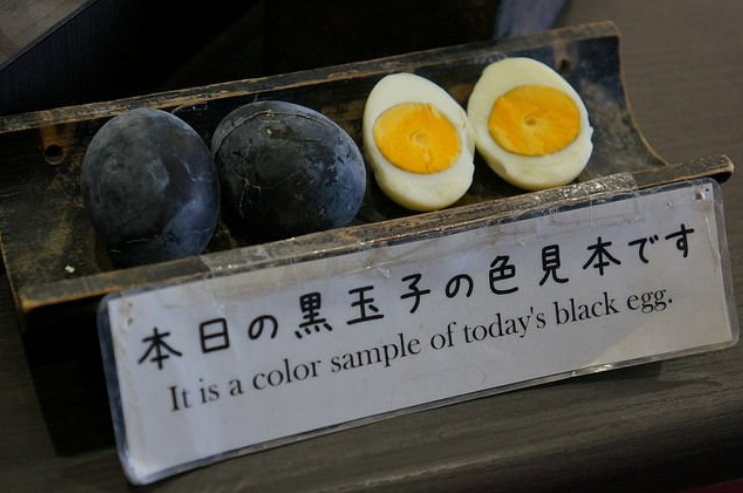
Their wooden egg holder is also black
Tourists come here to see the Great Boiling Valley and always eat black eggs, which are boiled in the boiling water of the valley. During this time, their shells turn black from sulfur, and they are even slightly saturated with this strong smell. But in a country where they eat fermented natto beans, these are just flowers! 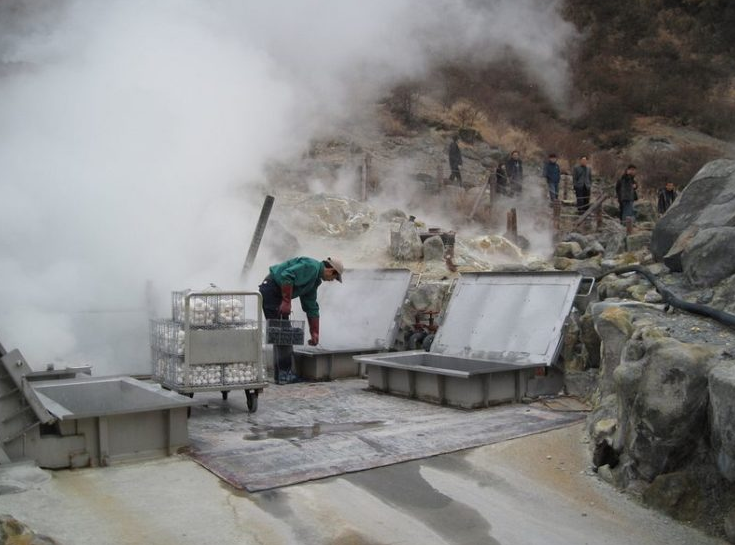
Do you see how many eggs they brought? They are sooooo popular
The water temperature in the caldera is 80°C, so the eggs take about an hour to boil. But after this cooking they are kept over strong sulfur fumes for another 15 minutes. To become more saturated, probably, and blackened on all sides.
Are black eggs tasty? 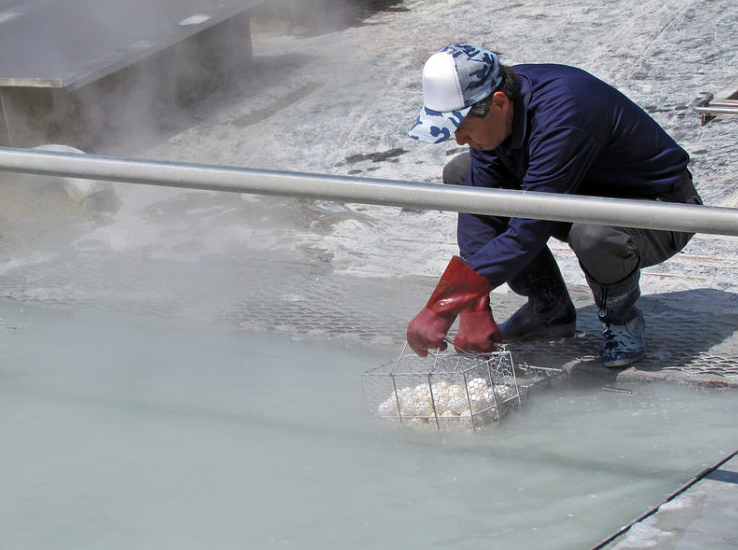
A safety beam to prevent a Japanese person from falling into an 80-degree pool. Very Japanese
They're just chicken eggs with a strong smell. You get the overwhelming impression of eating a black dragon egg practically from its lair.
They cost 500 yen for six pieces, about $3. And it’s not even expensive to buy for the whole family to try. Even local trendy ramen recipes are made with them. 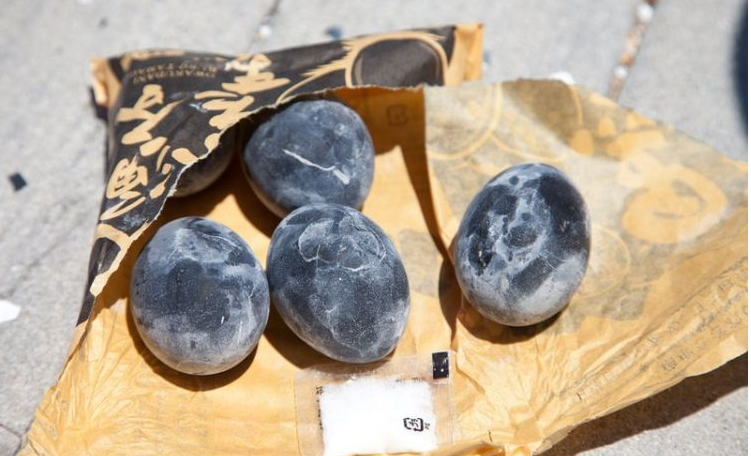
Packaged in bags of 6 pieces
To eat these eggs, you still need to climb to the top of the hill for about a kilometer. This is how the Japanese lure tourists to the very top, where views of Fuji open up.
However, you may still not have eggs when you arrive. The place is earthquake-prone, and if there was a warning in the morning, then no one may be allowed to see the eggs.
I would be interested in trying these black eggs; unlike the Chinese ones, no boys peed on them.
